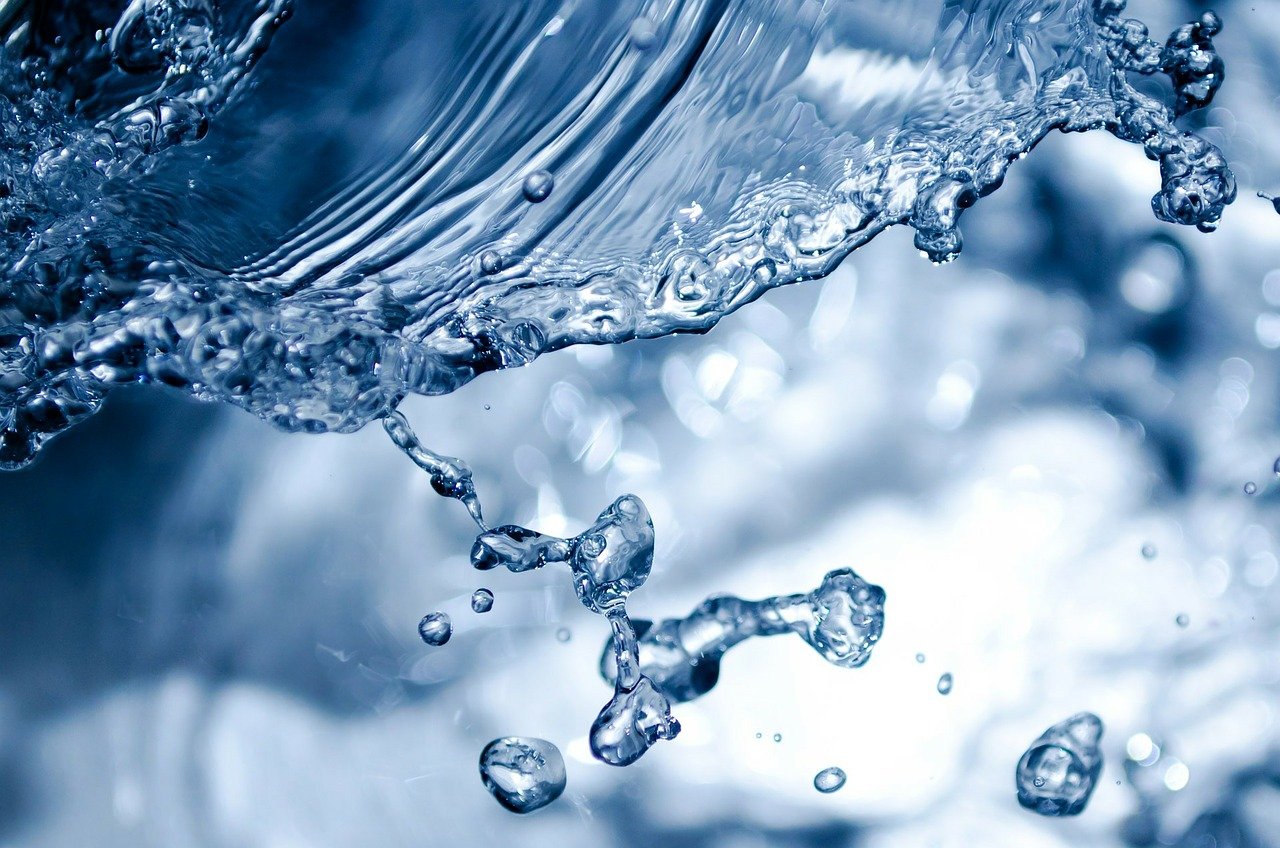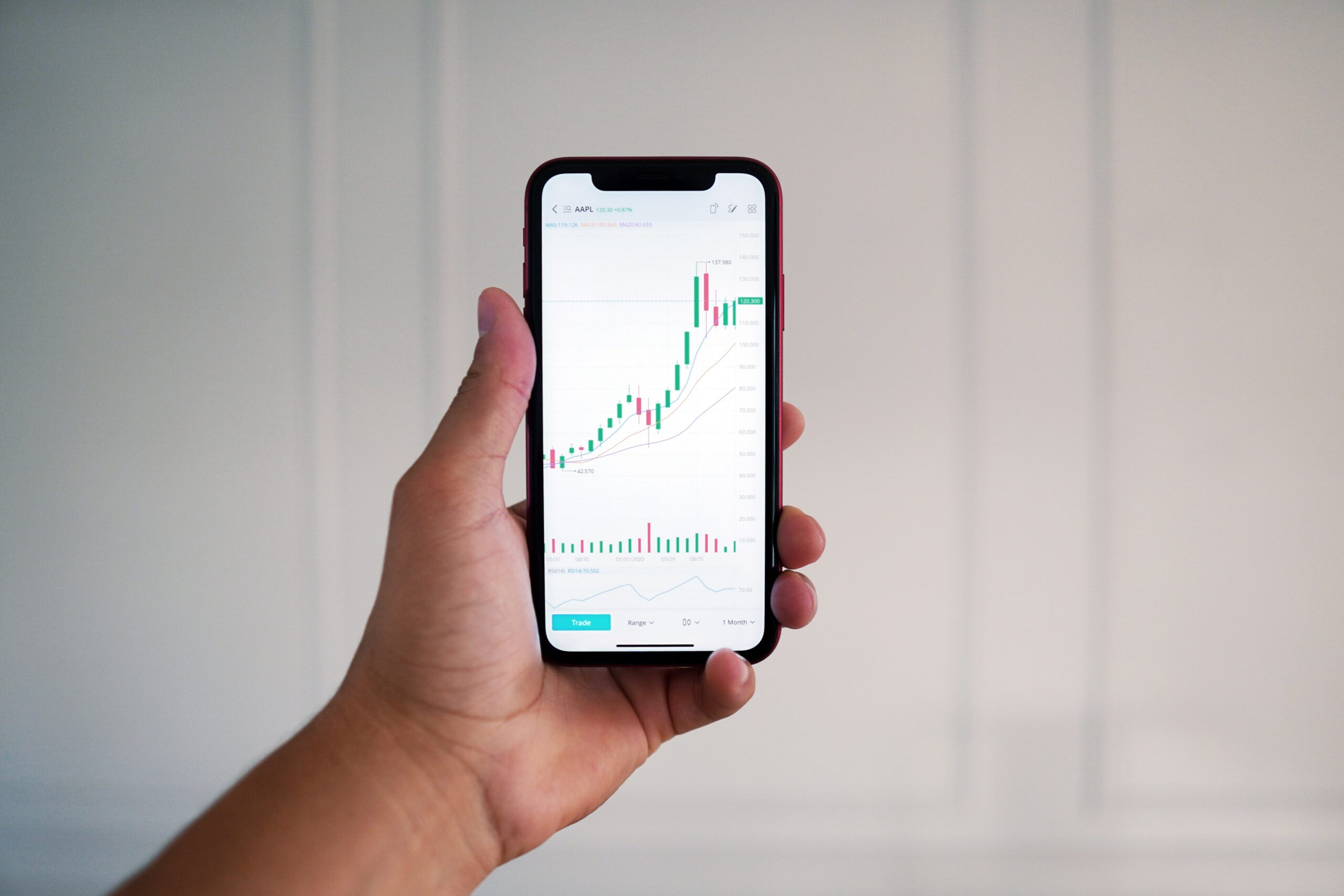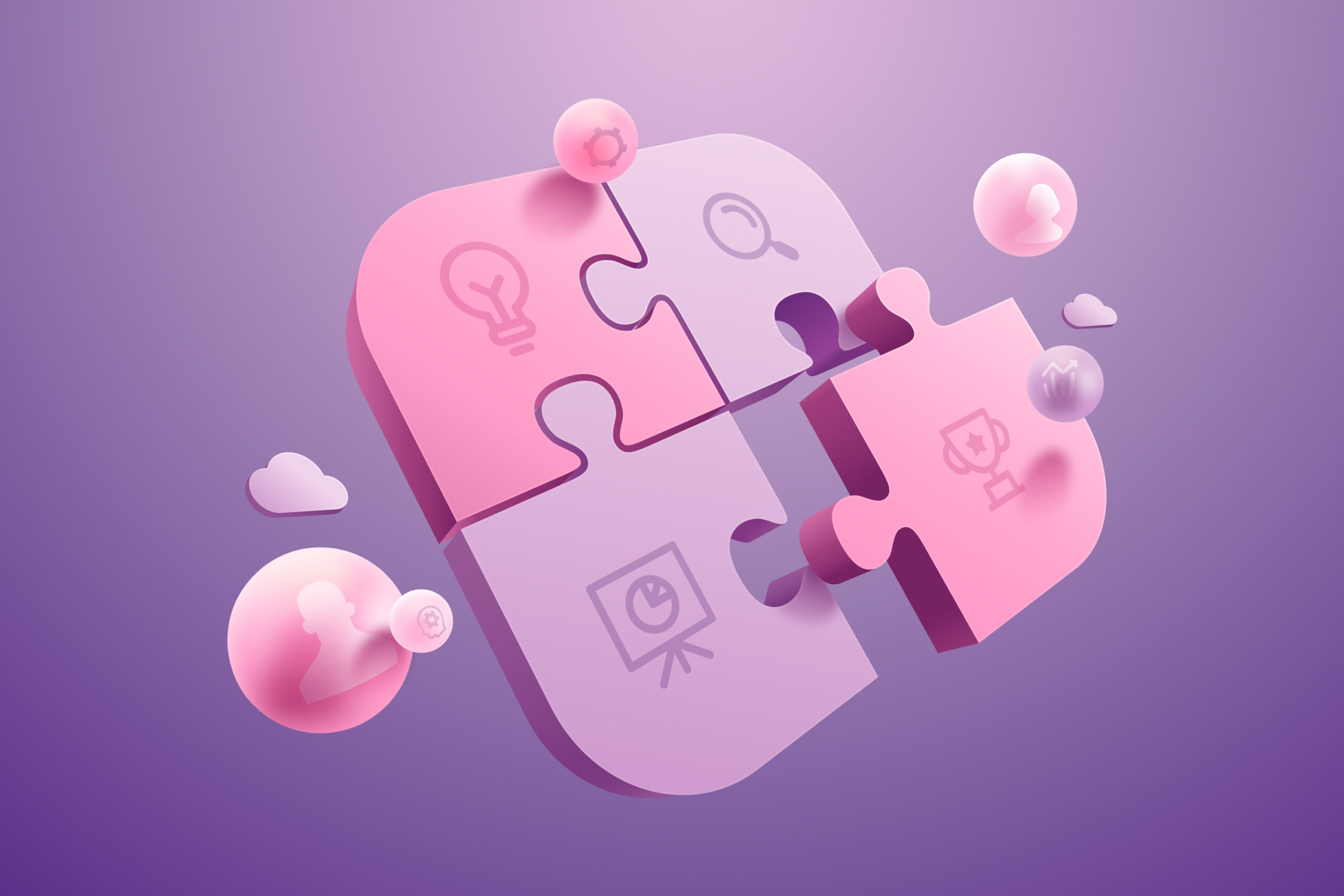Nonconsumption in Water Sector
- Sep 13, 2021

By Julia Methu
There are few things more important to basic human progress than access to clean water and sanitation. A basic human need, and one of the Sustainable Development Goals, the UN estimates billions of people—mostly in rural areas—still lack these basic services. Worldwide, one in three people do not have access to safe drinking water, two out of five people do not have a basic hand-washing facility with soap and water, and more than 673 million people still practice open defecation. The COVID-19 pandemic has made clear the importance of sanitation hygiene and adequate access to clean water for preventing and containing diseases. Despite sufficient fresh water on the planet but poor infrastructure, investment and planning is contributing to millions of deaths— most of them children—from diseases associated with inadequate water supply, sanitation and hygiene.
Innovation can help broaden access to clean water and sanitation.
People do not simply buy products or services; they pull them into their lives to make progress in specific circumstances. This is the insight at the heart of the Jobs to be Done theory developed and popularized by the late Harvard Business School Professor Clayton Christensen. When a person or an organization is unable to purchase or use (consume) a product or service required to fulfill a job to be done we call this nonconsumption. This inability to purchase can arise from the product’s cost, inconvenience, and complexity. For instance, when a someone is doing house chores but there is inadequate water that person is a non-consumer of basic water and sanitation services.
The “Job” millions are trying to get done with clean water and sanitation is obvious. What is perhaps not always well understood is what prevents more than two thirds of the world’s population from ‘pulling’ water and sanitation into their lives. Understanding these constraints opens a world of innovation possibilities.
The cost of lack of access to safe water.
In Kenya, 32% of the population relies on unimproved water sources such as ponds and rivers, while 48% of Kenyans lack access to basic sanitation solutions. In rural Kenya, the average total coping costs for an unreliable or distant water supply are approximately $38 per month. In comparison, the average water bill of a typical household in Nairobi, the capital city, that is connected to a piped system is only $4.46 per month. This comparison highlights the economic burden that often falls more heavily on unconnected rural customers than on households with piped connections. However, there are many areas where piped water connections do not produce a reliable, constant flow of water.
Across the globe 785 million people lack access to safe water. This is a huge untapped opportunity to innovate.
The opportunity to help millions of people make progress and live more decent lives by accessing safe water and sanitation is vast. Market-creating Innovation can make the difference. Christensen described market-creating innovation as that type of innovation that transforms complicated and expensive products into simpler and less expensive products, making them accessible to significantly more people in society. Entrepreneurs and organisations able to overcome the constraints hindering access by millions to clean water and sanitation will create large sustainable markets and help accelerate much needed progress.
A suitable illustration on market-creating innovation is Water.org which has discovered an opportunity to innovate by creating a WaterCredit program. WaterCredit is a powerful solution and the first to put microfinance tools to work in the water and sanitation sector. WaterCredit Initiative helps bring small loans to those who need access to affordable financing and expert resources to make household water and toilet solutions a reality. Around the world more than 36 million lives in 13 countries have been impacted through access to safe water and sanitation. 88% of borrowers are women and majority of the households taking up loans live on less than $3.20 a day. Women who previously spent hours collecting water have time to pursue education, work, and care for their families. Water.org has help reduce struggle in household without reliable supply of water by pulling in this critical resource into their lives.
The nonconsumption market for clean water is enormous. Companies need to view the market with a lens of nonconsumption to discover profitable but untapped opportunities to innovate and make a difference.
Mizizi Partners supports entrepreneurs creating markets.
Mizizi Partners supports companies and entrepreneurs broadening access to opportunities, capital, knowledge, and well-being for the majority through market-creating innovations. Our goal is to make shared prosperity a reality in Africa.
Julia Methu heads MCi Africa, the research arm of Mizizi Partners. She is also in charge of special projects and partnerships at MCi Africa.
Category
Related Article
-
 November 29, 2021
November 29, 2021 -
 November 10, 2021
November 10, 2021
Recent Article
-
 November 29, 2021
November 29, 2021 -
 November 10, 2021
November 10, 2021
Popular Article
-
 November 29, 2021
November 29, 2021 -
 November 10, 2021
November 10, 2021
